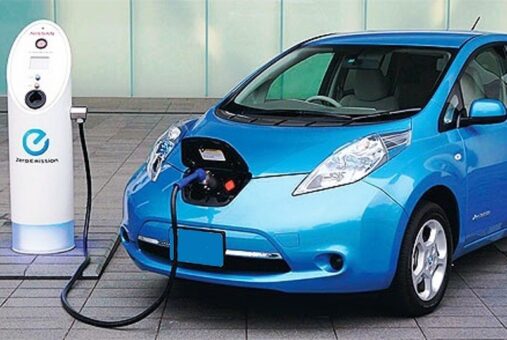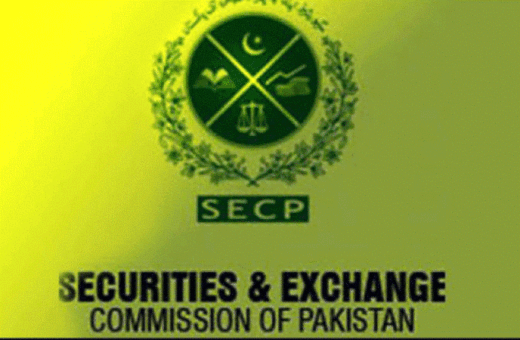KARACHI: Engro Fertilizers Limited has donated 6.7 tons of crop protection product with a market value of around Rs6 million to provincial governments to combat locust attack, a statement said on Thursday.
To combat the recent locust attack threatening the agricultural sector in Sindh and Punjab, the Government of Sindh and the Department of Plant Protection, Ministry of Food Security & Research, reached out to private sector companies to extend their support on urgent basis.
Considering the gravity and urgency of the situation and its impact on farmer community, Engro Fertilizers Limited donated the crop protection products.
Due to change of weather and recent spell of rains, the onslaught of desert locust swarms has hit rural and urban areas of Sindh and Punjab, damaging the agricultural produce in the region.
Engro Fertilizers being trusted partner of farming community of Pakistan, donated 13,430 packs of LAMBDA – Cyhalothrin, which is a world class product to fight locusts.
This is the single largest contribution by a company to counter the recent locust attack.
“We understand that the locust attack is very alarming and a grave threat to our farmers and the food security of Pakistan.
“Engro Fertilizers has always been at the forefront in fulfilling our commitment towards Pakistan’s agriculture development and we will continue to stand with the government.
“We are confident that our crop protection product will support the government and farmers to effectively overcome the locust attack.” said Nadir S. Qureshi, CEO Engro Fertilizers Limited.
With change of weather and recent spell of rains, some locust swarms have started to move towards southwest Pakistan and southeast Iran in search of warmer places.
These swarms from the summer breeding areas along both sides of the border of Pakistan and India started moving towards spring breeding areas in Southwest Pakistan and Southeast Iran lately.
The government is actively working towards curbing the impact on the crops and combats the locust attack.
The responsible corporate citizens of Pakistan like Engro Fertilizers Limited are always there to support the government and farmers sector of Pakistan in testing times to alleviate their issues.








